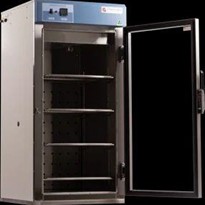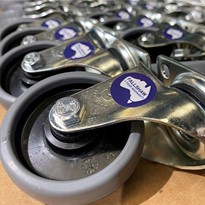“When I was 19, I joined the Mother Theresa Missionaries of Charity. During that time, I saw many young underprivileged women, who often had been victims of rape. That made me realize I wanted to help, not like Mother Theresa, but by becoming a doctor.
Now, as a board member of the Philippine Society of Ultrasound in OB/GYN, I am striving for the improvement of women’s reproductive health through the effective and safe use of ultrasound in OB/GYN practice.
Given that the Philippines is an archipelago with remote coastal communities and isolated mountain hamlets, access to maternal health care and ultrasound during prenatal care remains a challenge.
Up till today, the major causes of maternal and neonatal mortality for women in rural areas are hemorrhages and obstructed labour due to
placental implantation abnormalities (PIAs), twin pregnancies and fetal mal-presentations — all of which are easily detected by ultrasound.
That is why we have been running medical missions, in which we screen women in remote areas for pregnancy related abnormalities in order
to avert maternal and neonatal deaths. We check if the placenta is fine, the presentation, the baby’s heart and if the baby’s facial features are fine.
As the health facilities in remote areas lack diagnostic equipment and treatment modalities, we always need to bring our own ultrasound
systems on the medical missions.
In the past, I had to bring a very heavy and bulky ultrasound system. Now I can bring Lumify, an ultrasound system that is very compact,
lightweight and durable with good image quality. In addition, when you are on a medical mission, the battery life of your ultrasound system is extremely important. During a two-day medical mission, we screen between 200 and 450 pregnant women. They all line up outside the health care facility for a free ultrasound. With Lumify, I am able to scan the whole day without running out of battery.”


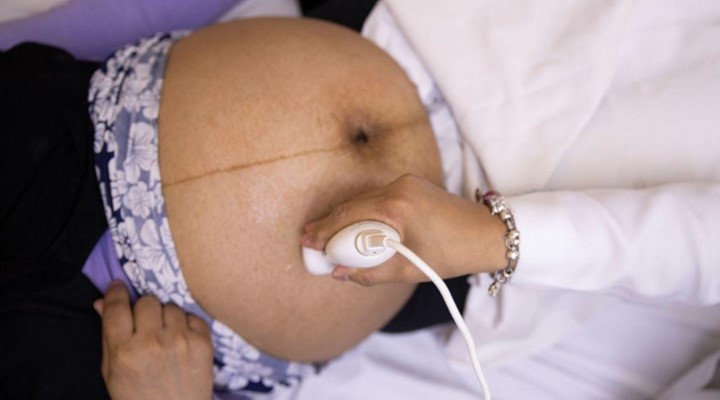
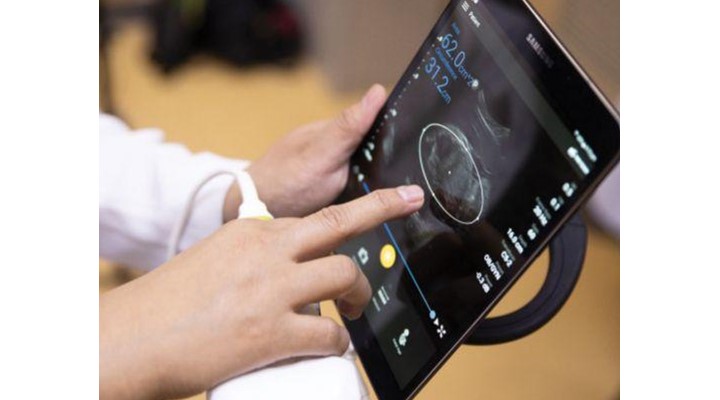
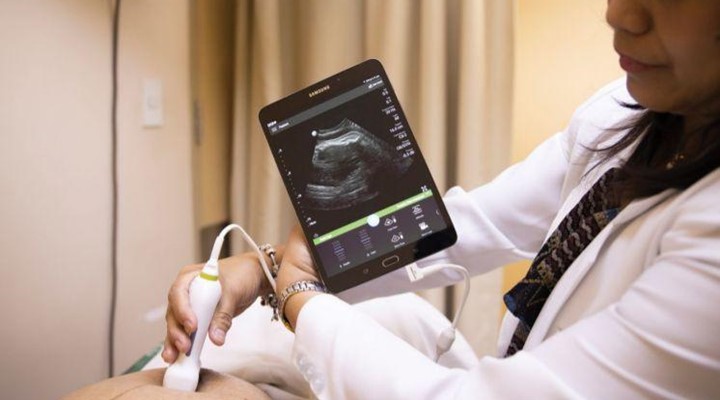


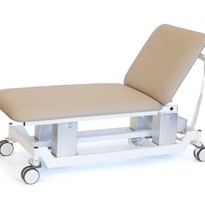


-205x205.jpg)

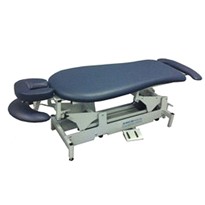
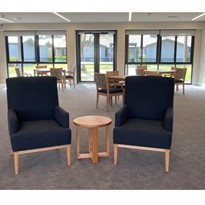








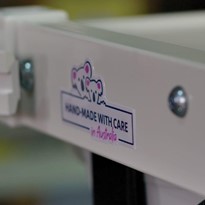

-205x205.jpg)
